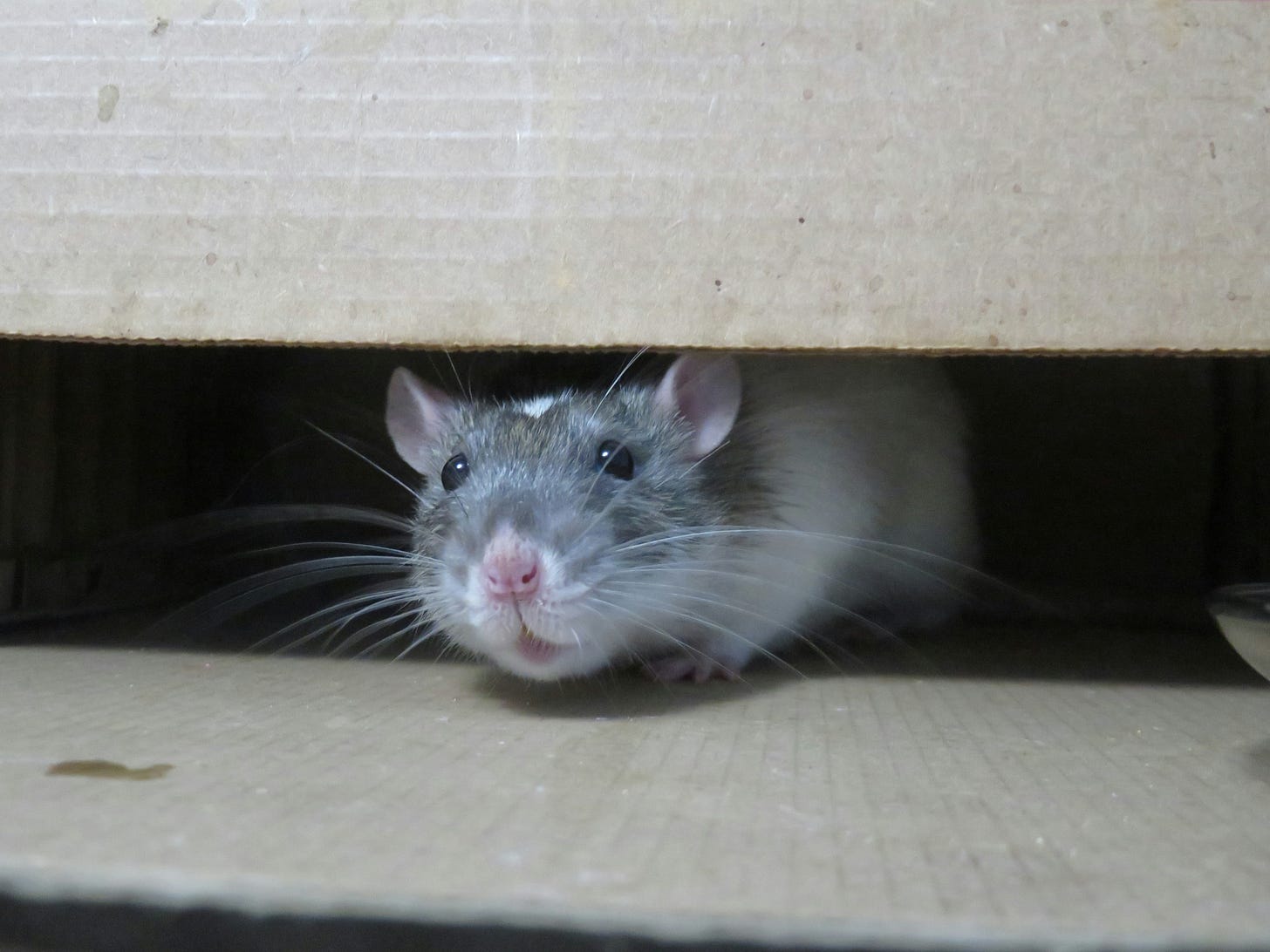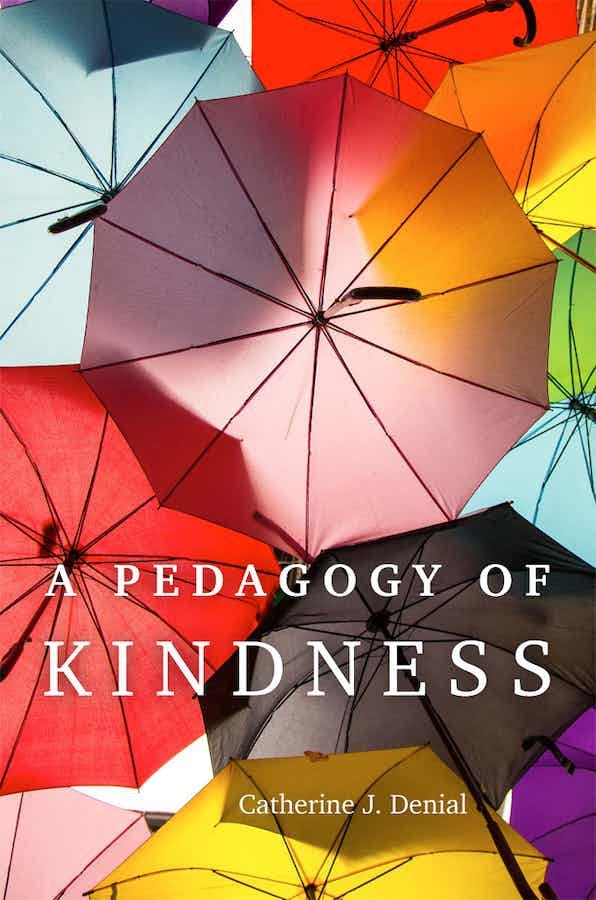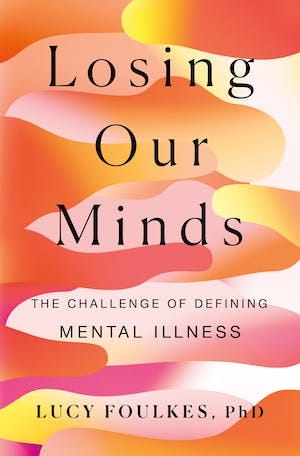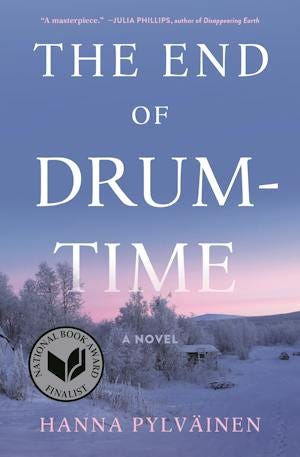
After three years of a combination of good luck and caution, I tested positive for COVID for the first time on New Year’s Eve. A bit of an ominous start to the new year, perhaps, but I had also just begun reading Wintering: The Power of Rest and Retreat in Difficult Times by Katherine May. The book threads together an appreciation of cold, snow, and the dark quiet gathering in of winters; a plea to value the lessons held by times of life when health crises or new parenting or other major life disruptions force us to hibernate a bit; and a call to reject our society’s demands for constant frenetic productivity.
“Plants and animals don’t fight the winter; they don’t pretend it’s not happening and attempt to carry on living the same lives that they lived in the summer,” May writes. “They prepare. They adapt. They perform extraordinary acts of metamorphosis to get them through. Winter is a time of withdrawing from the world, maximizing scant resources, carrying out acts of brutal efficiency and vanishing from sight; but that’s where the transformation occurs.” None of these words made me happy about having COVID, of course. But it certainly made the time reading in bed, simmering in a light fever, a little more bearable.
Thankfully, I’m feeling much better and happy to share some of the readings and musings from this time with you.
BE THE SPARK - Thoughts on Teaching and Learning
In exciting teaching and learning book news, historian and education writer Cate Denial’s new book A Pedagogy of Kindness is just about out, and ready for pre-order. Just look at this joyous cover. You know you want one.
In The Chronicle of Higher Education, author Jim Lang and psychologist Kristi Rudenga argue that in all of our (rightful) calls to ignite the intrinsic motivation of our students, we may have unfairly maligned extrinsic motivation. They make several compelling points to which I would add that "intrinsic" versus "extrinsic" is not a dichotomy but a continuum. And as is true of all of psychology, our theoretical conception of “intrinsic” and “extrinsic” motivators are somewhat artificial impositions of our limited understanding of the world, our biases, and our available language, as we do our best to try to sort and make order of things. For both of these reasons, a sharp differentiation between the two is suspect. We're all constantly shifting the energy and direction of our motivation at different aims for different reasons, out of varying combinations of internal and external rewards, and I agree that we're at our best when we intentionally build lives (and courses!) that leverage both the enlivening fuel of intrinsic motivation and the effective tools of extrinsic motivation.
In another possibly-spicy take in teaching and learning, biologist Jayme Dyer temporarily helms Robert Talbert and David Clark’s Grading for Growth newsletter to argue that ungrading may have an “Achilles’ heel” when it comes to equity. She argues that since in an ungraded course the student and instructor collaboratively determine the grade through conversation, the grading process may be more subject to implicit biases held by both the instructor and the student than a more traditional model where the grade is built out of individual scores on exams and homework assignments and the like. It’s an interesting essay I encourage you to read—I’m sure it has generated quite a lot of reaction that I’m also interested to read and consider but haven’t had a chance to dig into.
Next up, education writer Beckie Supiano shares in her newsletter insights from a recent article on helping students to reframe struggle in the process of learning. Among the suggestions for instructors: normalize the role of setbacks and difficulties in learning, coach (maybe during office hours), acknowledge small wins, and consult with your colleagues.
Finally, one of the most common (and hard-to-answer) questions that comes up in my speaking engagements has to do with individual differences at the level of both instructor and student. A common question goes like this: “You recommend incorporating lots of small-group discussions and activities as a way of building community in the classroom… but doesn’t that disadvantage autistic students or those with social anxiety?” Another: “You recommend personal warmth and care in instruction, but doesn’t that exacerbate traditional gender role expectations for female-identifying instructors?” Just last week I confronted questions like these and was dissatisfied with my answers.
So I wasn’t I thrilled when disabilities studies scholar Sarah Silverman posted on LinkedIn about what she labeled as “access friction” in teaching and learning—”when different access needs exist in friction with one another.” She points out that this can happen both in terms of conflicting needs of different students, but also in the tension between student and instructor needs. She refers us out to writing by assistant professor of Medicine, Health, and Society and American studies Aimie Hamraie, and also reminds us that “access needs may appear to be opposing or conflicting, but we do not need to view them as in competition as long as all members of the community are willing to work towards a solution together.” Looking forward to reading, learning, listening more.
OUR MONSTERS, OURSELVES - Uncertainty, Challenges, Mental Health
For a while now, the psychologist Lucy Foulkes has been writing and speaking on a complex issue: the degree to which the combined forces of mental health awareness campaigns and social media (especially TikTok) may have inadvertently changed how we talk to young people about their mental health in ways that could make symptoms worse by collating all negative emotions into the same band of (supposedly pathological) experience. “This is particularly relevant in schools, who now teach young people to notice and make adjustments for any negative feelings they might have, thereby inadvertently (or sometimes explicitly) promoting the idea that emotions are medical problems,” she writes. This message can lead to a sense of helplessness, catastrophizing (which can worsen symptoms and is a target of most psychotherapy), and avoidance (which can also make symptoms worse). On the other side of the spectrum, “someone who is seriously unwell, maybe actively suicidal, ends up seeing advice about taking a hot bath or downloading a mindfulness app,” which is not only unhelpful but also infuriating.
I’ve been following Foulkes’ writing closely. Most recently, she writes about a different worrisome issue—people taking research like hers and using it in a backlash against mental health awareness and treatment. She writes in Medium that “[w]e are in a situation where some adolescents are very legitimately experiencing mental health crises, without decent treatment, while others are inaccurately describing typical developmental stress with the language of disorder.” But the frame of many of the media outlets reaching out to her is: Why are young people lying, and how can we get them to stop? It is a dismaying turn of events, and one that reveals yet again the appeal of dichotomies and overly simple answers to wicked problems.
In more positive mental health news, Ben Miller focuses his first newsletter of the year on mental health reform excited for the new year, challenging us to be more creative in how we think about how to better shore up our community mental health.
Finally, if you have been waiting to read my book on youth mental health Mind Over Monsters until it wasn’t quite so pricey to do so, the paperback is now available for pre-order (shipping in April), featuring two new blurbs I’m honored to share below! Both are from writing heroes of mine. Grateful.
“Sarah Rose Cavanagh’s Mind Over Monsters is the book we need now—now, when the teen mental health crisis has reached alarming proportions. With thoughtful nuance, clear-eyed observation, and a sure grasp of the evidence, Cavanagh delivers a message to parents, teachers, and everyone else who cares about adolescents: what young people need from us is compassionate support and invigorating challenge. Her book is both reassuring and inspiring—a must-read for everyone who knows and loves a teenager.”
—Annie Murphy Paul, author of The Extended Mind
“There’s a lot of bluster and a lot of people convinced they have the ‘one true thing’ about how we should be supporting the mental health of young people. But these issues are complex, not simple. I personally count on Sarah Rose Cavanagh as someone who will grapple with these complexities, while still providing a clear pathway towards helping people thrive.”
—John Warner, author of The Writer’s Practice
HIVEMIND - Our Synchronous Selves
Today in Science That Makes Me Sad: a new study on vicarious experience of pain and fear in rodents. In sum: “We review evidence that rodents show signs of fear and pain when they witness the fear and pain of others." I suppose the positive side of this is that even rodents are not alone in this world. We experience it together.

Speaking of synchronicity, neuroscientist Thalia Wheatley and colleagues publish an important update in Perspectives on “The Emerging Science of Interacting Minds”.
I’m looking forward to digging in and considering the implications not just for affective processes but also teaching and learning ones.
INCIDENTALLY - The End of Drum-Time
We end where we began—with wintering, and with a book recommendation. Fiction this time, but just as snowy. On Anne Helen Petersen’s recommendation I read The End of Drum-Time and it was just stunning.
A love story set in the 1800s among Sámi reindeer herders in the Arctic Circle, it couldn’t be more wintry, thought-provoking, and touching. It also evokes a sense of magic while being set quite soundly in our own universe. Also ending where we begin—Katherine May interviews a Sámi reindeer herder in her wintering book.
Happy winter, newsletter friends. Let me know what you’re reading these darker months. Maybe we can host a book club here?








Thank you for the shout out!
I tested positive for Covid on January 3, and stayed that way for two weeks. It was a humbling lesson in taking things slow (which I'm still doing) and recognizing what really matters. I hope you're recovering well, and that re-entry is kind to you!